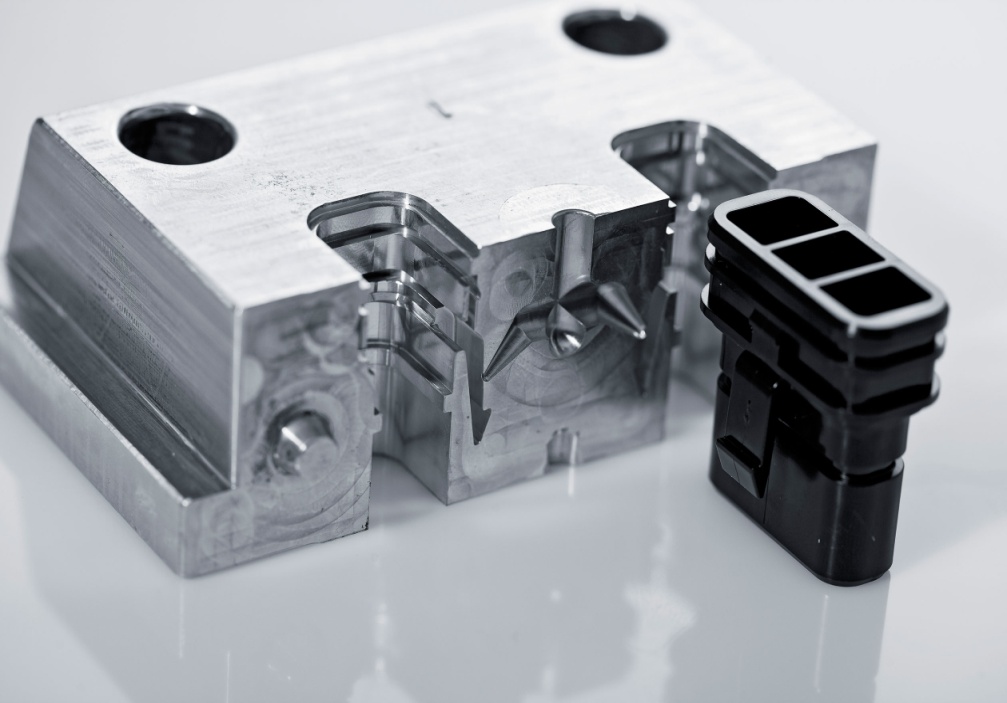Rapid tooling helps the easy production of a mold through rapid prototyping techniques with conventional tooling practices. This process is used to prepare parts of a functional model from CAD data in less time and at a lower cost. It serves as the channel for producing injection molded parts. The cost of rapid tooling is low in comparison to the traditional machining methods. It works as the perfect bridge to production injection molded parts. Typically, rapid tooling either uses rapid prototyping model as the pattern or uses the rapid prototyping process directly to fabricate a tool for a limited volume of prototypes.

The tooling time of a rapid tooling is much shorter than a conventional tool. If the production quantity is massive then the expensive tooling cost can be justified, but in case of smaller production, it is worthless spending large sum. The rapid tooling process is quicker and economical. In the product development cycle, rapid tooling helps the production of a few quantity of prototypes or functional tests, samples for marketing, evolution process, or production process design. The cost can be below five percent of conventional tooling cost. The tool life is less than conventional tools and the tolerances are wider too.
Let us look
at the advantages of rapid tooling –
1.
It is the process of building core and cavity inserts as a product
of rapid prototyping technology.
2. The product reaches the market much earlier than the scheduled time.
3. The products are available at a lower price as compared to the price during mass production with the of injection tools.
4. It incorporates the production of various products in a wider range of materials.
5. The term and cost of product manufacturing are much lower.
6. The rapid tooling process is used for specific small quantity requirements including prototyping.
7. It is also used to troubleshoot the existing problems
8. The rapid tooling process is used to create molds for troubleshooting operations as the time lag is short between the start to finish.
Methods of Rapid Tooling China
Broadly there are 2 categories of
rapid prototyping methods. One category is the indirect approach that uses
rapid prototyping patterns to produce a mold and in the other category, the
rapid prototyping machine builds the actual core and the cavity mold inserts.
Here are the
indirect methods of rapid tooling –
·
RTV Silicone Rubber Molds
· Vacuum Casting
· RIM
· Wax Injection Molding
· Spin-Casting
· Cast Resin Tooling
· Spray Metal Tooling
· Sprayed Steel
· Rapid solidification process
Here are the
direct methods of rapid tooling–
· Direct AIM Tooling
· SLS RapidSteel
· Copper Polyamide Tooling
· Direct Metal Laser Sintering
· LENS
· Laminated Tooling
· Prometal
· Controlled Metal Build-up (CMB)
There are additional benefits
also customizing the personal applications, having refrained from tedious trial
and error measurements. The design is put through a CAD program and a personal
custom mold can be created to fix the problem. The rapid tooling service provider will determine the type of rapid
tooling materials for the production driven by the availability and demand of
the client. Rapid tooling technology is not just about speedy mold making, but
it also signifies higher productivity in molding.
















